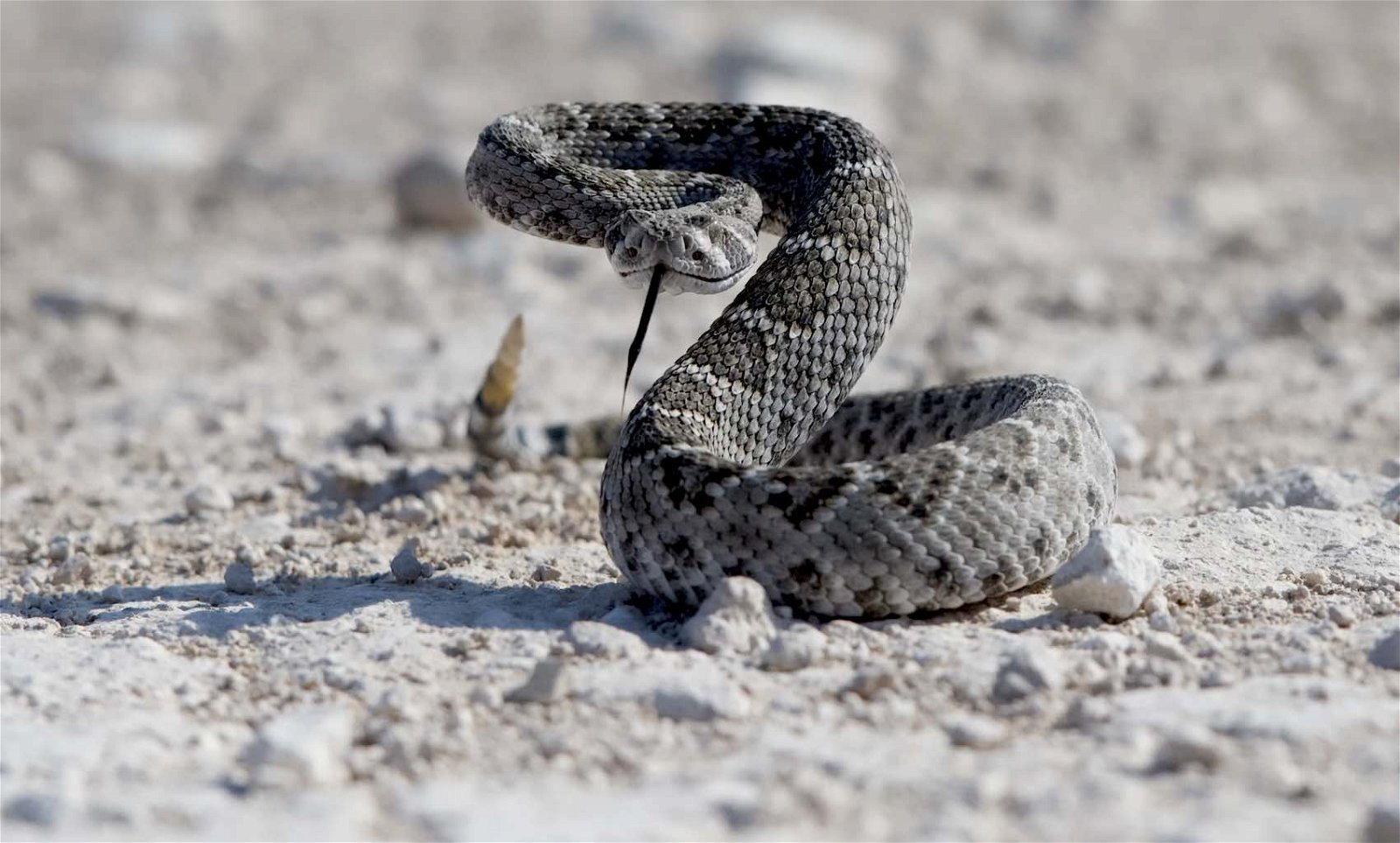Scientists from the Scripps Research Institute in San Diego, California, have developed an antibody that counteracts a wide range of deadly snake venoms, moving them one step closer to a universal antivenom.
Currently, most types of poisonous snakes require a customized anti-venom, meaning that numerous different antivenoms must be manufactured in different regions. The developers of this new antibody believe further research will create other antibodies that can be combined into one universal anti-venom that can counteract the deadly venom of virtually every snake in the world.
Universal Antivenom Could Save Over 100,000 Lives a Year
Each year, over 100,000 people die from the venom in snake bites. The majority of those cases occur in remote regions of Asia and Africa, as well as parts of Australia. Unfortunately, there is no such thing as a universal snake antivenom that can counteract all of the different types of snake venom found around the world.
In hopes of finding such a solution, the Scripps research team tapped into their experience in fighting the Human Immunodeficiency Virus, or HIV. Specifically, they looked at work targeting parts of the virus that cannot mutate. This means that regardless of the particular evolution of the HIV protein, one universal antibody should be able to neutralize it.
Now, those same researchers say they have found a potent antibody that targets snake venoms in essentially the same way by targeting parts of the virus that are the same across multiple different deadly snake species. Although their treatment doesn’t treat every single type of deadly snake venom, they believe their research will lead to a combination of antibodies that can be combined to create the world’s first universal antivenom.
Three-Finger Toxins Prove Key to Countering Venom of Black Mambas and King Cobras
In the latest edition of the journal Science Translational Medicine, the study’s senior author, Joseph Jardine, Ph.D., assistant professor of immunology and microbiology at Scripps Research, outlines the process his team followed to find an antibody able to counteract a wide range of snake venoms.


First, the team isolated the venom proteins from a wide range of elapids, a group of snakes that includes the deadly Black mamba and the infamous King Cobra. A comparison between the proteins found that a certain protein called a three-finger toxin (3FTx), which was present in all of the sampled venoms, appeared to be the same regardless of which snake it comes from. Notably, 3FTx proteins are also known to cause paralysis in snake bite victims, making it a perfect target for an anti-venom.
Using a library of over 50 billion known human antibodies, the team tested which ones bound to their selected 3FTx protein. Two successive rounds narrowed the field to 3,800 antibodies and then down to 30 before the team found the one that was the most effective and likely the most universally effective against 3FTx.
“We were able to zoom in on the very small percentage of antibodies that were cross-reactive for all these different toxins,” explained Irene Khalek, a Scripps Research scientist and first author of the new paper. ‘This was only possible because of the platform we developed to screen our antibody library against multiple toxins in parallel.”
After landing on a single antibody known as 95Mat5, the research team tried it out on mice injected with venom from the many-banded krait, the Indian spitting cobra, the black mamba, and the king cobra. Sure enough, the antibody effectively neutralized the whole group, preventing both paralysis and death and moving the team one step closer to creating a universal antivenom.
“This antibody works against one of the major toxins found across numerous snake species that contribute to tens of thousands of deaths every year,” Jardine explained. “This could be incredibly valuable for people in low- and middle-income countries that have the largest burden of deaths and injuries from snakebites.”
Next Steps Toward Creating the Universal Antivenom
Although the antivenom using 95Mat5 is effective against a number of snake species, the researchers point out that it doesn’t help against vipers, which are the second group of worldwide venomous snakes.
However, the research team says they are now working on finding the right antibodies to counteract the two main branches of viper species and the other elapid species, with the ultimate goal of combining all four of them to create the world’s first true universal antivenom.
“We think that a cocktail of these four antibodies could potentially work as a universal antivenom against any medically relevant snake in the world,” says Khalek.
Christopher Plain is a Science Fiction and Fantasy novelist and Head Science Writer at The Debrief. Follow and connect with him on X, learn about his books at plainfiction.com, or email him directly at christopher@thedebrief.org.

